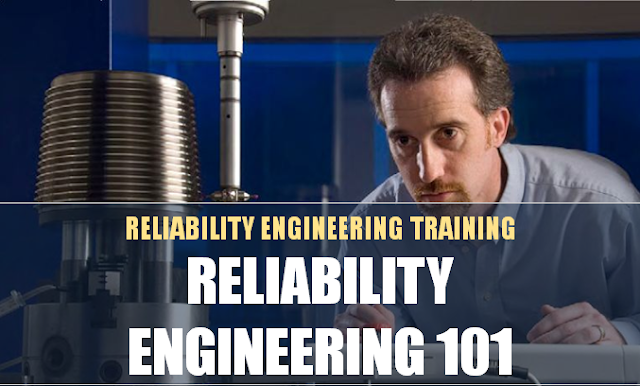Learning Objectives:
Describe basic concepts of reliability engineering
List the motivations for reliability and reliability engineering
List the various reliability benefits applied to process, design, products and systems
Explain different reliability terms and concepts such as MTBF, MTTR and MTTF
Discuss differences and similarities between failure rate, reliability, availability and unavailability
Discuss reliability of a repairable vs.a non-repairable system
Discuss different reliability predictions models including MIL-217, Telcordia,
Explain the role of design tools for reliability predictions
Describe FMEA, FMECA, Process FMEA, Design FMEA, FTA, RDB, Markov, and Event Tree Analysis (ETA)
Course Content:
What is Reliability?
What is Reliability Engineering?
Reliability Management
Reliability Modeling and Predictions
Reliability Engineering 101 course is intended for anyone interested in understanding what reliability and reliability engineering are and how it will transform their products and systems development to the desired state.
Learn more about reliability engineering 101. Visit Tonex.com link below
Reliability Engineering 101

Comments
Post a Comment